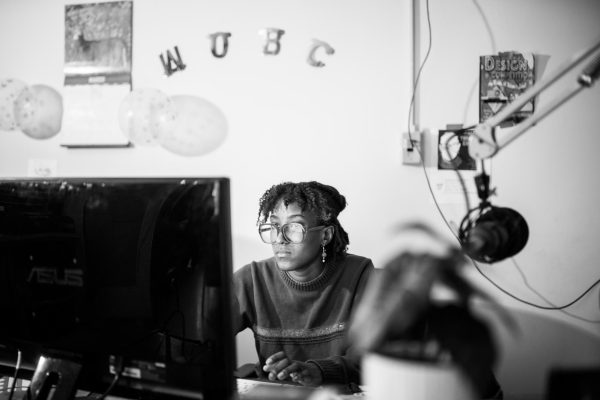Let’s Celebrate, Together
There is a celebration in Oberlin this weekend worthy of at least a moment’s note, as Oberlin College inaugurates its first black and second female president in its history, Carmen Twillie Ambar. Some 250 years ago, America’s founding fathers were men of towering courage and intellect, but they saw no need to free blacks or compensate Native Americans fairly, if that had been possible. Nor did they perceive the wrong inflicted upon white women by subjugating them, not allowing them to vote. However, the founding fathers of Oberlin College — in the midst of a nation insensitive and complicit in its inhumane treatment of others — did take an amazing stance by becoming the first college to admit women and blacks.
Oberlin College’s celebration at this moment is one that transcends all borders and requires us all to be participants. George Washington had no higher priority than that of freedom for his times and his people, and he fought to gain it from King George. Though the freedom of many slaves was not Abraham Lincoln’s primary interest, he did fight for it because he knew that a united country offered the nation a far better hope for freedom than one split on the question of slavery. Americans have the advantage today of knowing that we can never be truly free if we do not work for the freedom of all others in the world. Our dreams become more a reality as we seek to help others achieve theirs.
It is fitting to celebrate that no college has in its bloodstream more instincts and history for freedom for everyone than Oberlin College. While this weekend’s celebration is properly focused on one person, President Ambar, the panoramic view may reveal that she is being used as an instrumentality of fate to bring us at Oberlin, the nation, and the world far closer to our truest humanity pursued often by our ancestors but never attained. The historical roadblocks of the oppression of others, suspicion, discrimination, and more sometimes resulted in fleeting victories for a few but never much for others long-term. To be sure, our nation is saddled with those same infirmities of divisiveness, anger, meanness, and hopelessness rending us right down the middle.
This celebration challenges us all to do our best, not necessarily to be the best, and surely never to adopt a “holier-than-thou” posture or philosophy. Our inspiring history is meaningless if we learn little from it. It instructs us to focus less on walls to protect us and more on compromise. Our history counsels us to offer less braggadocio and more action, less hostility and more amiability. Our Oberlin history sheds a bright light for us to see the 99 percent of the views, values, and visions we share with each other, the need for food, shelter, sense of well-being, healthcare, education, jobs, and hope. That barely one percent of what our party affiliation is, what our position is on any single issue must not remain the litmus test forever fragmenting us.
George Washington faced a dark future, Abe Lincoln felt the earth shake, Franklin D. Roosevelt dealt with our greatest Depression, and President Obama took office when we were losing more than 700,000 jobs each month. They all prevailed. And, in Obama’s case, he left office eight years later with a one-million job increase, enough to provide President Trump with a chance to shout daily what a great job he is doing, and while he boasts that he has kept things going in the right direction, a little less stridency would help legitimize this achievement. The point is that though Oberlin College has challenges, its chances of being as great today as it was over the past hundred-plus years are terrific, and the need to excel in its distinctive ways will be more beneficial than ever. This is the opportune time to celebrate.
The trustees of Oberlin College chose President Ambar over many other outstanding candidates; she and her family deserve this celebration and all the congratulatory remarks that will be heard. From afar, President Ambar appears to have already seized upon the challenge and opportunity afforded her to move Oberlin to a new level of excellence in spite of the difficult times we face.
Unofficially, the celebration is for us all, a moment to remember and be grateful to our heroes of the past, to remind ourselves of how much more work needs to be done, and to commit ourselves anew to pass the baton of humanity to those younger, faster, and wiser. The trust is that they will avoid the pitfalls of hate, isolation, and contempt for those who don’t look like them, whose cultures and languages are different, and embrace diversity in all its manifestations to make the College, town, and the world greater than ever before by feeling and displaying the power of forgiveness, redemption, and optimism. Like life, this celebration is not one for spectators but for participants who are excited just doing or trying to do their best to make things better.
Booker C. Peek
Emeritus Associate Professor, Africana Studies Department


